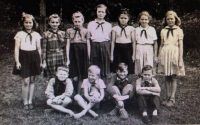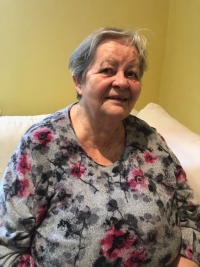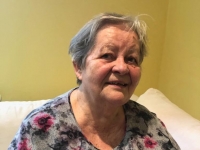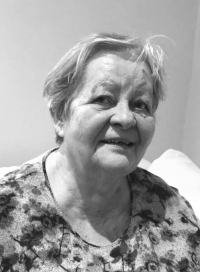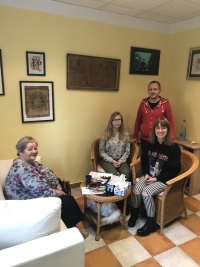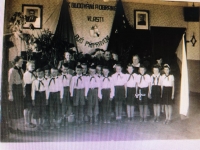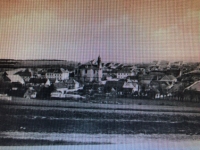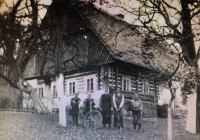I realized how unfree was the world I lived in
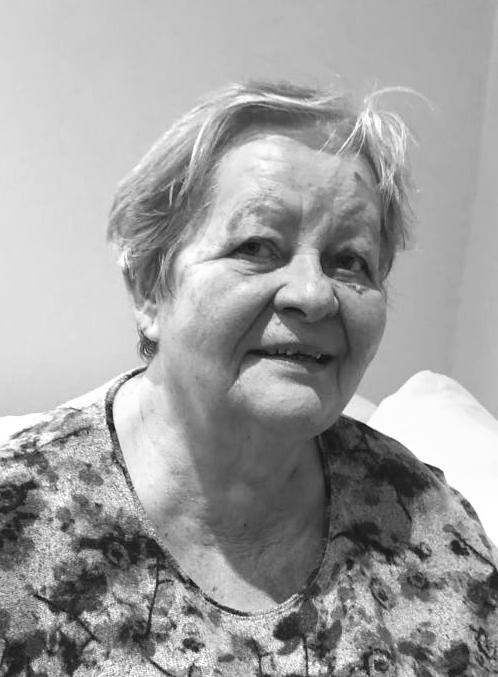
Stáhnout obrázek
Věra Cepková was born October 8, 1942 in Jilemnice in Podkrkonoší. She has vague memories of the end of World War II and of the beginnings of agricultural collectivization. She graduated from high school in 1961 and became an office worker. She was assigned to Prague and so she moved there and stayed there for good. In August 1968 she saw the tanks and soldiers in the streets of Prague and remembers the unity and cohesion between people. In January 1969 she attended Jan Palach’s funeral and participated in the demonstration against the Warsaw Pact Invasion of Czechoslovakia in August that year. Because of her vocal disapproval of the occupation during the Normalization screenings, she was denied both career advancement and bonuses. She welcomed the Velvet Revolution with excitement, although for a long time she didn’t believe the Communist regime would actually end.
